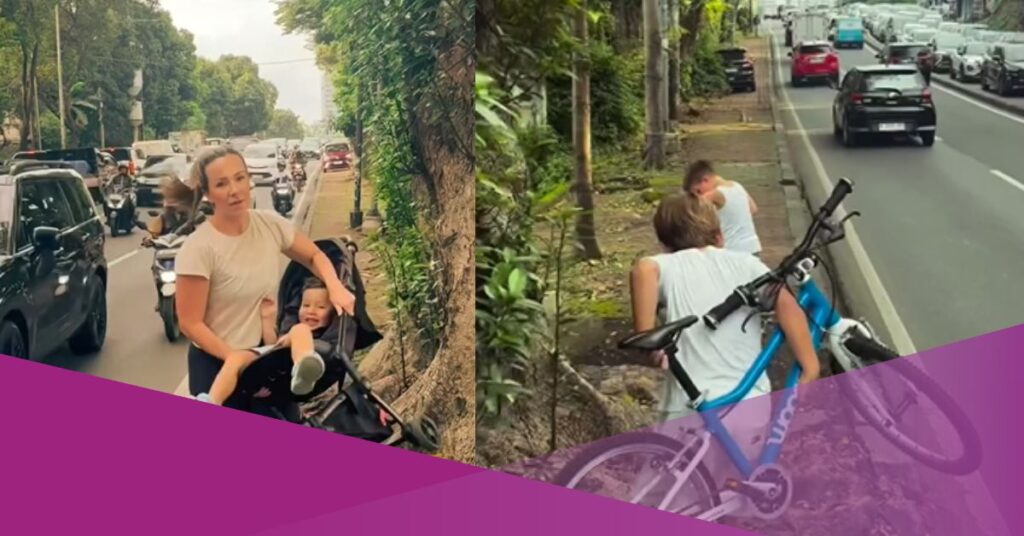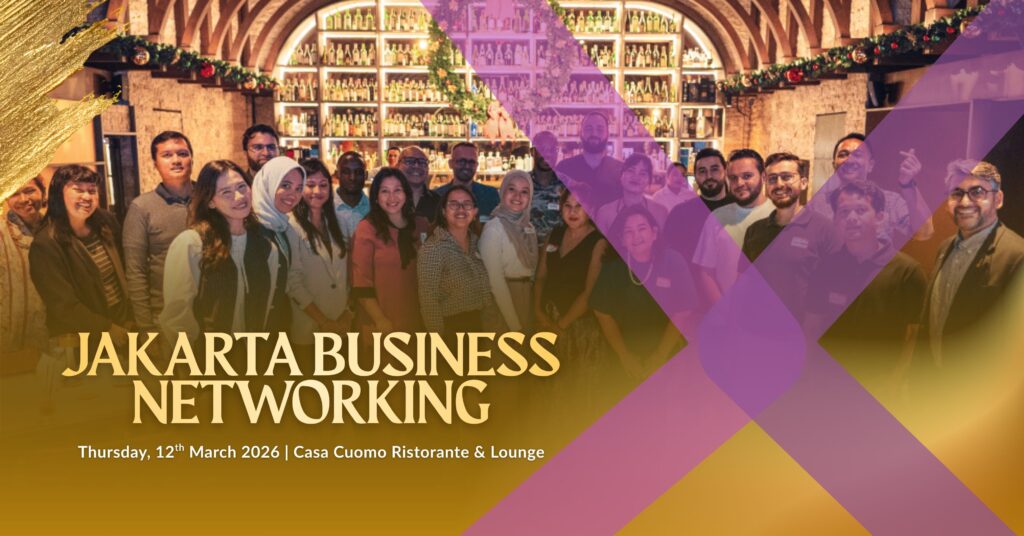Over the last few years, Fintech companies have seen a sharp increase in popularity, and for people entering this sector, there are some common questions arising regarding what are the tax compliance issues for companies operating in this sector. In this article, Magelina Pieter from Tax-Indo answers your most common questions.
But, before we get to that, what is Financial Technology (Fintech)
Financial Technology (Fintech) is a product of technology that combines tech with financial transactions. Fintech focuses on improving the delivery of financial services by automating transactions and replacing outdated transactions such as cheques and in-person bank transfers. Transactions can be made across the glove within seconds increasing productivity and speed of service.
The impact of Financial Technology
The significant growth in Financial Technology has caught the attention of countries all over the world including in Asia, especially Indonesia. FinTech is still a relatively new thing in Indonesia with its presence known through the formation of AFI (Associate FinTech Indonesia) in 2015. It continues to develop until now through different sectors, from payment, lending, retail investment, financial planning, crowdfunding, financial research, remittance, and others.
With the development of this innovation, transactions through FinTech in Indonesia have helped the country’s economic growth and pushed taxation potential in it.
Tax Treatment on the Implementation of Financial Technology
The Government has officially implemented tax regulations on the implementation of Financial Technology valid on 1st May 2022. This is written in the Minister of Finance Regulation PMK 69/PMK.03/2022 carried out to provide legal certainty and administrative convenience in fulfilling taxation on the Implementation of Financial Technology (FinTech).
Subject, Tariffs, and VAT Collector on FinTech
The subjects of financial technology tax according to PMK 69/2022 on Article 2 Verse 1 are; lenders, borrowers, P2P service providers or Peer to Peer Lending, which are the subjects who organize lending and borrowing activities. VAT tariffs applied is 11 percent and the VAT collectors are taxable employers (PKP) who provides payment services, implementation of investment transaction settlement, lending and borrowing services, implementation of the capital collection, investment management, provision of online insurance products, market support, digital financial support, and other financial service activities.
VAT and PPH Calculation Basis for Fintech
Payable VAT is calculated by multiplying the rate by the tax base, which is in the form of a reimbursement of fees, commissions, merchant discount rate, or other rewards in the name and in any form received by the organizer. Meanwhile, interest income received or obtained by online lenders is subject to Article 23 Income Tax at 15 percent of gross salary on interest, if the income recipient is a domestic taxpayer and a permanent establishment. Or, Article 26 Income Tax at 20 percent of gross salary on interest, if the income recipient is an international taxpayer or according to the terms in the tax treaty (P3B). For the appointed withholding tax is the provider of lending and borrowing services, and must provide proof of income tax deductions to the lender.
As a form of new regulation, it is understandable if there are a lot of taxpayers in Indonesia who do not fully understand of the rules. If you are still confused about tax and FinTech companies or need information on how to set up FinTech company, please feel free to contact info@tax-indo.com or +6231300297/+628111983324





































